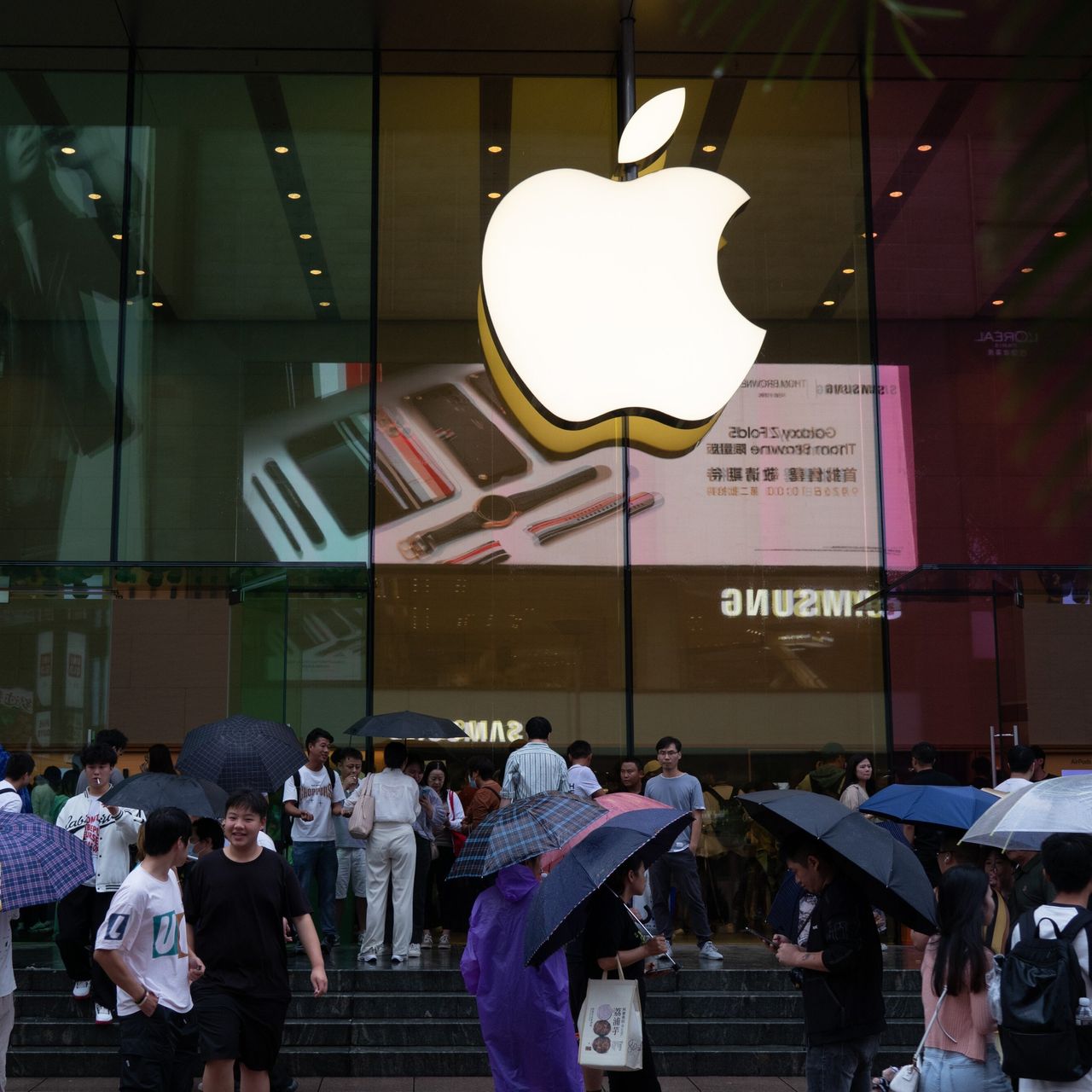iPhone 12 Software Update Addresses France’s Radiation Testing
Apple has announced its plan to comply with France’s radiation testing requirements by releasing a software update for the iPhone 12. This update aims to address concerns raised by French regulators regarding the device’s radiation emissions when in contact with static surfaces. While Apple has disputed these findings, the company is taking steps to ensure compliance and reassure users of the iPhone 12’s safety.
In this article, we will explore the details of the software update, Apple’s response to the French regulators’ findings, and the measures taken by the company to maintain the safety of the iPhone 12. Additionally, we will discuss the significance of this update in relation to global energy transmission regulations.
Understanding the Discrepancy
Apple has raised objections to the findings of French regulators, who claimed that the iPhone 12 emits radiation beyond permissible levels. The company argues that the testing protocol used by L’Agence Nationale des Frequences did not consider a crucial feature of iPhones that helps regulate transmission power based on proximity to the user’s body.
For over a decade, iPhones have incorporated sensors that detect when the device is in close proximity to the user. This feature allows the phone to lower transmission power levels, ensuring safety during phone usage. However, when the device is not near the body, such as when it is placed on a table, slightly higher transmission power levels are required.
Apple’s Explanation and Response
Apple has provided a comprehensive explanation of the discrepancy between France’s findings and the approval granted by other countries where the iPhone 12 is sold. In an article published on its website, the company clarifies that the testing procedure used by French regulators did not account for the body-detection technology present in iPhones.
To address the concerns raised by the French regulators, Apple has developed a software update that will be made available to users in France. This update disables the body-detection technology, ensuring that the iPhone 12 operates at lower transmission power levels at all times. Apple emphasizes that even without the update, the iPhone 12 remains safe to use, as it complied with global energy transmission regulations when initially released in 2020.
Safety Assurance and Compliance
Apple reiterates its commitment to user safety and emphasizes that the iPhone 12 has always been safe for use. The company maintains that the device met all applicable energy transmission regulations and standards upon its release, with no subsequent changes that would affect energy transmission.
Through the software update, Apple aims to address the concerns raised by the French regulators and provide additional reassurance to iPhone 12 users in France. By disabling the body-detection technology, the update ensures that the device consistently operates at lower transmission power levels, regardless of its proximity to the user’s body. This measure aligns with the regulations set forth by L’Agence Nationale des Frequences.
Global Implications and Energy Transmission Standards
The discrepancy between France’s findings and the approval granted by other countries brings attention to the variations in testing protocols and standards worldwide. Apple’s explanation sheds light on the importance of considering the specific features of a device during radiation testing.
While the iPhone 12 met the energy transmission regulations in place at the time of its release, the software update for France highlights the need for consistent compliance across different regions. The update ensures that the iPhone 12 adheres to France’s radiation testing requirements, providing a standardized experience for users in the country.
Conclusion
Apple’s decision to release a software update for the iPhone 12 in response to France’s radiation testing requirements showcases the company’s commitment to user safety and compliance. By disabling the body-detection technology, the update ensures that the device operates at lower transmission power levels consistently.
The discrepancy between France’s findings and the approval granted by other countries highlights the importance of considering specific device features during radiation testing. Apple’s explanation clarifies the role of body-detection technology in regulating transmission power and emphasizes the safety of the iPhone 12.
As technology continues to evolve, it is crucial for companies and regulatory bodies to work together to establish consistent standards and testing protocols. By doing so, they can ensure the safety and compliance of devices like the iPhone 12, providing users worldwide with a reliable and secure experience.




